پخش عمده لوازم یدکی خودرو
بست 5 * 5 میلیمتر
فروش عمده بست 5 * 5 میلیمتر با بالاترین کیفیت در نمایندگی پخش لوازم یدکی خودرو کارو صنعت
توضیحات
توضیحات تکمیلی
| نام خودرو |
انواع خودرو |
|---|
نظرات (0)
اولین کسی باشید که دیدگاهی می نویسد “بست 5 * 5 میلیمتر” لغو پاسخ

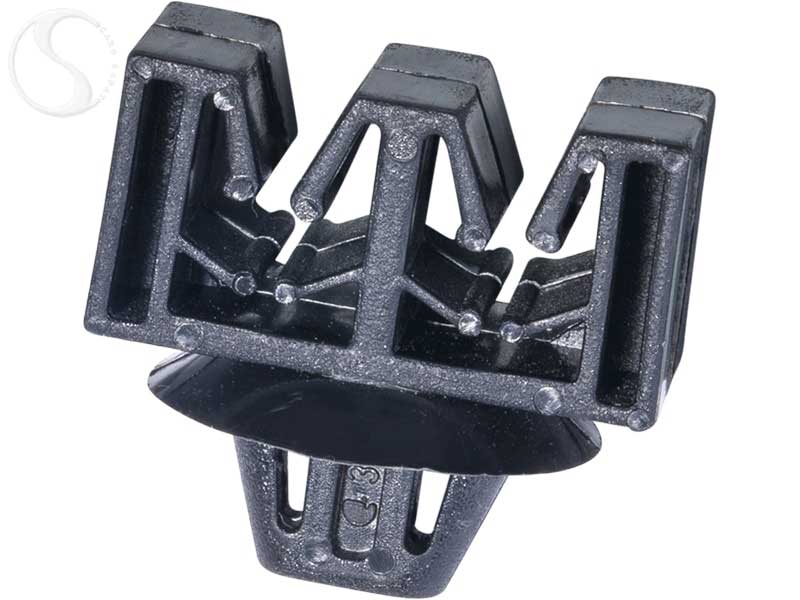

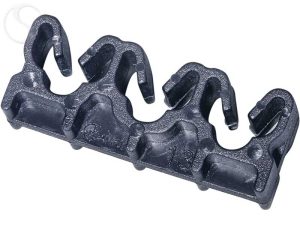


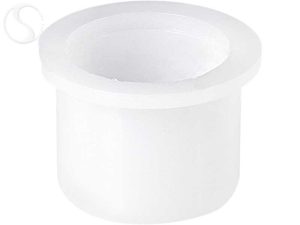
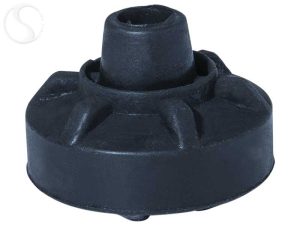
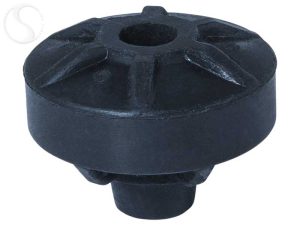



نقد و بررسیها
هنوز بررسیای ثبت نشده است.